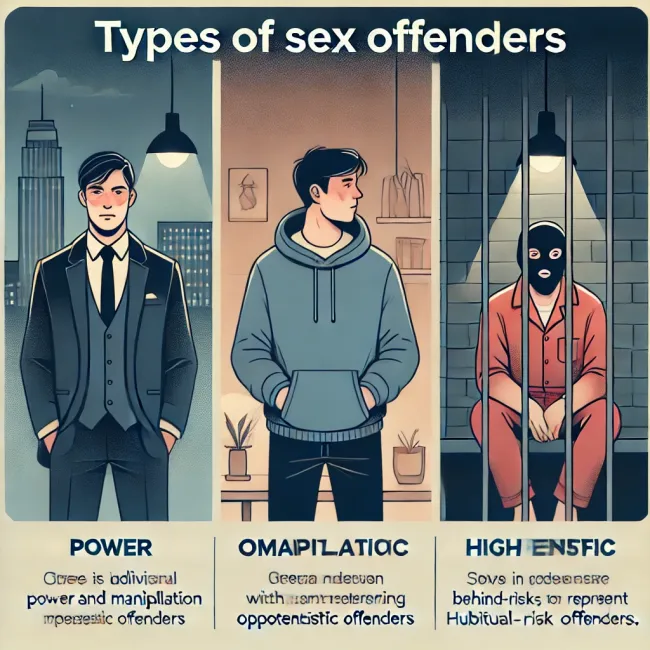Understanding Sex Offender Classifications and Registries in Colorado
In Colorado, sex offenders are categorized into three tiers based on the severity of their crimes and the likelihood of reoffending. These classifications determine the duration of registration and public notification requirements. The Colorado Bureau of Investigation (CBI) manages a sex offender registry that includes information on convicted individuals, though not all offenders are publicly listed. The registry operates under the Colorado Sex Offender Registration Act (C.R.S. 16-22-102 to 16-22-115), which provides the legal basis for registration and community notifications.
What Is a Tier 2 Sex Offender?
Tier 2 offenders are individuals convicted of more serious sex crimes, often involving minors or repeated offenses, and are considered a moderate risk for recidivism. They are required to register for 25 years and must update their information twice a year. Offenses in this category include soliciting minors, distributing child pornography, and engaging in sexual acts with minors aged 12–15.
The Role of Local Sex Offender Registries
Local registries, maintained by police departments and sheriff’s offices, provide information on offenders within specific areas. These registries enhance public safety by giving residents access to details about offenders in their communities. Additionally, the CBI offers a searchable database for state residents, although it excludes certain groups, such as juveniles adjudicated for sex offenses and individuals convicted of misdemeanor sex crimes.
Key Points
- Sex Offender Tiers: Offenders are classified into Tier 1 (low risk), Tier 2 (moderate risk), and Tier 3 (high risk) based on their crimes.
- CBI Registry: Maintains information on convicted offenders, but not all are publicly accessible.
- Tier 2 Requirements: Moderate-risk offenders must register for 25 years and are subject to public notification.
- Local Registries: Provide community-specific data to enhance public awareness and safety.
Understanding these classifications and the registry system is vital for fostering informed community awareness and public safety.
Detailed Overview of Sex Offender Registration in Colorado
Registration Requirements
In Colorado, sex offenders must register with local law enforcement within five business days of their release or upon receiving a registration notice. Those released without supervision from the Department of Corrections must register the next business day. Annual registration occurs within five days of the offender’s birthday. Tier 3 offenders, including Sexually Violent Predators (SVPs), must register quarterly for life.
Exclusions from the CBI Registry
The CBI registry does not include:
- Offenders convicted of misdemeanor sex crimes.
- Juveniles adjudicated for sex offenses.
- Certain low-risk offenders, such as Tier 1 registrants, whose details are shared only with relevant institutions.
Community Notification and Residency Restrictions
While Colorado has no statewide residency restrictions, some localities prohibit offenders from living near schools, parks, or daycare facilities. Research indicates such restrictions may be challenging to enforce and could unintentionally compromise community safety.
Legal Framework for Removal
Offenders convicted of specific crimes can petition the court to end their registration requirement after meeting certain conditions. Juveniles may also petition for removal following the successful completion of their court-mandated supervision.
Challenges and Critiques of Sex Offender Registries
Counterproductive Restrictions
Residency restrictions often force offenders into unstable living conditions, which may heighten the risk of recidivism. The CBI acknowledges that these laws are not only hard to enforce but may also undermine community safety.
Civil Rights Issues
Critics argue that registries can disproportionately affect individuals convicted of non-violent offenses, such as public indecency or possession of explicit material, resulting in excessive penalties. These concerns have drawn criticism from civil rights advocates.
Limited Effectiveness
While intended to enhance public safety, studies show that registries may not significantly reduce recidivism rates. In some cases, registries can even exacerbate risks by isolating offenders from social support systems.
Conclusion
Sex offender registries in Colorado serve as critical tools for public safety but are not without limitations and controversies. Gaining a clear understanding of their structure, legal guidelines, and shortcomings is essential for fostering informed dialogue and shaping effective policies.
